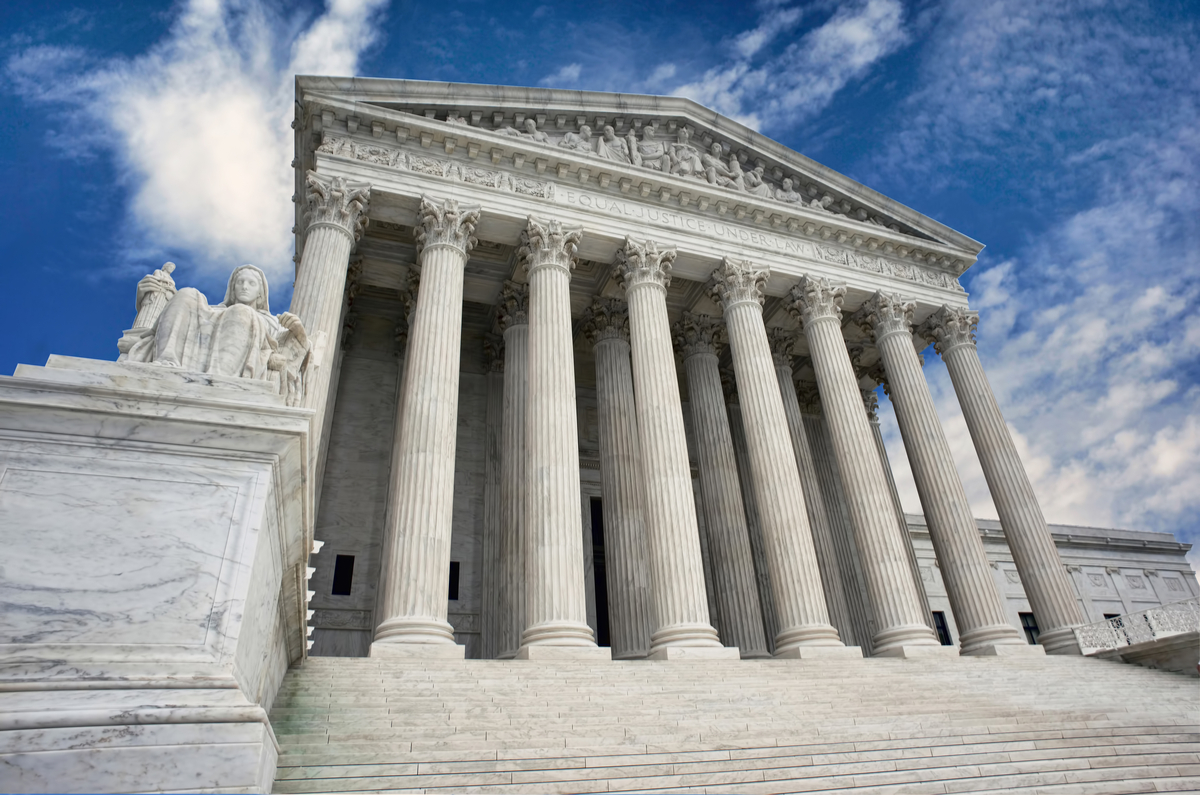 By James Cormie
By James Cormie
With the Supreme Court’s decision Friday, June 26 in the United States v. Windsor on the Defense of Marriage Act (“DOMA”), the EB-5 community should be aware that the United States Citizenship and Immigration Services (USCIS) is now allowing same-sex marriage derivative visas. Secretary of Homeland Security Janet Napolitano that “effective immediately, [the Secretary has] directed USCIS to review immigration visa petitions filed on behalf of a same-sex spouse in the same manner as those filed on behalf of an opposite-sex spouse.” This means that USCIS looks to see whether the marriage was done in accordance of the law of wherever it occurred when an immigrant investor files EB-5 visa for their spouse.
In practice, Windor’s effect on EB5 investors and their spouses may not be very large. Since USCIS looks to see if the state in which the couple got married recognizes their marriage as lawful to ascertain whether the spouse qualifies for a visa, the overall amount of investors that can file EB-5 visa applications for their same-sex partners will be minimal. China, which produces by far the most EB5 immigrants, does not recognize same-sex marriages. Neither does South Korea, the second largest source of EB-5 investors. In fact, as of this writing, only thirteen countries (Argentina, Belgium, France, Iceland, Netherlands, Norway Portugal, Spain, South Africa, Denmark, Sweden, Uruguay, New Zealand) and a handful of subnational jurisdictions allow gay marriage, none of which are major contributors to the EB-5 program.
Nevertheless, Windsor does change the situation once the investor becomes a citizen. USCIS provides K-1 “fiancé(e)” visas (Form I-129F) that allow an alien partner/fiancé(e) of a U.S. citizen to petition to come to the U.S., get married to the U.S. citizen and then file their own application for permanent residence. This makes the state from which the partner (or investor) comes from legally irrelevant for immigration purposes. Thus, if a couple is willing to wait the several years it takes for the EB-5 investor to finally obtain their citizenship, upon naturalization the now citizen-investor may take steps to bring their same-sex partner over to the U.S.
DISCLAIMER: The views expressed in this article are solely the views of the author and do not necessarily represent the views of the publisher, its employees. or its affiliates. The information found on this website is intended to be general information; it is not legal or financial advice. Specific legal or financial advice can only be given by a licensed professional with full knowledge of all the facts and circumstances of your particular situation. You should seek consultation with legal, immigration, and financial experts prior to participating in the EB-5 program Posting a question on this website does not create an attorney-client relationship. All questions you post will be available to the public; do not include confidential information in your question.








